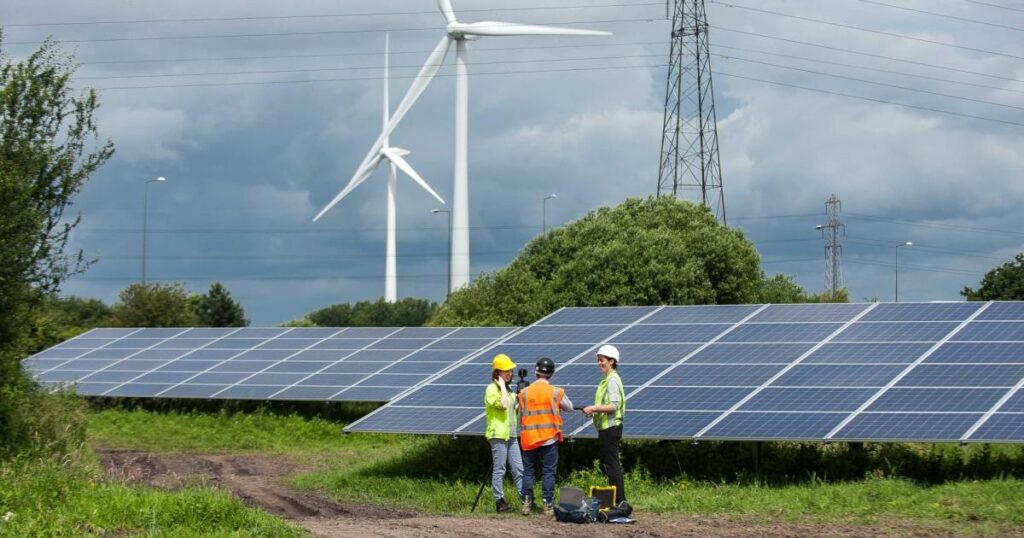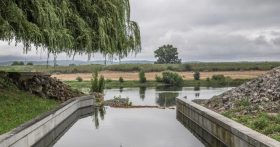Community energy sparking hope
2 min read
Dozens of people were left shivering in the cold outside Portcullis House in London last month, having been turned away by security. This was a good thing, and I’ll explain why.
The throng of people that were gathered there, some having travelled from as far as Scotland, Wales and the Southwest of England, were planning to attend Empowering Community Energy, an all-party parliamentary meeting organised by campaign group Power for People. The event aimed at encouraging MPs to pledge their support for the sector ahead of the general election.
Community energy is still a little-known piece in the giant energy puzzle we’re facing today in the race to net zero emissions. It puts people at the heart of the transition to clean power: owning local renewable energy generation assets (solar panels or a wind turbine for example), using the energy produced, or both, often alongside efforts to reduce energy use.
Community
Many community energy organisations are community benefit societies which means local member shareholders each get one vote regardless of the amount they invest, and that profits are channelled back into the community.
By taking control of renewable energy developments, and benefitting from the lower cost clean energy, community energy gives people a sense of ownership and agency in the urgent transition away from fossil fuels.
England’s largest onshore wind turbine, located on the outskirts of Bristol, which began operating last year, is a great example of the power of community energy. Mark Pepper, co-founder of Ambition Lawrence Weston, the community group behind the turbine, has said: “I’m hoping it will give confidence to people that they can achieve things, confidence that they’ve got a better, brighter future and a stronger connection with the climate emergency.”
But despite these benefits, too few people know about the sector. According to an Ipsos Mori poll we commissioned last year, only one per cent of British adults feel they know a great deal about the concept of community energy.
Local people in charge of their energy supply – at a time of climate impeding climate catastrophe it shouldn’t be that hard, right? While the sector continues to celebrate new projects, it remains stymied at several levels. Much of this centres on restrictions to connecting to the National Grid, which can be prohibitively expensive for smaller groups.
Doomscrolling
Small-scale, local organisations often also struggle to raise finance for investments, in particular at the early stage of developing a new project, meaning many simply don’t get off the ground. Power for People’s campaign for a Local Electricity Bill has also put local supply under the spotlight.
The proposed legislation seeks to provide a framework that would make it much easier for small energy generators to sell directly to local people and receive a stable tariff for selling their energy.





